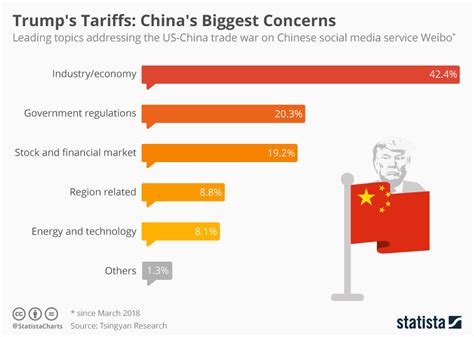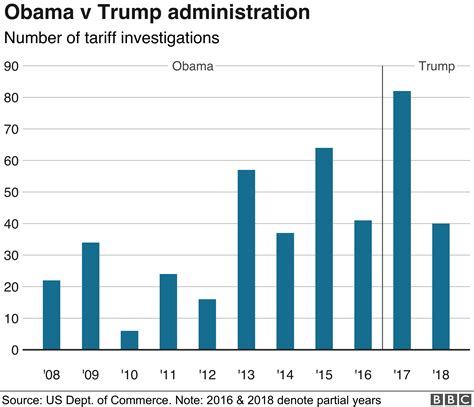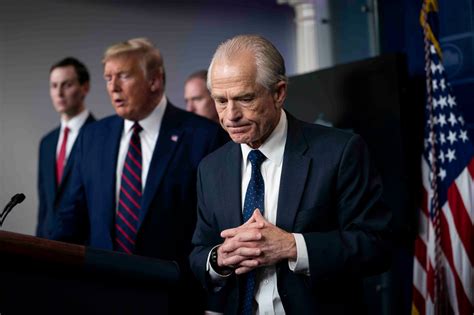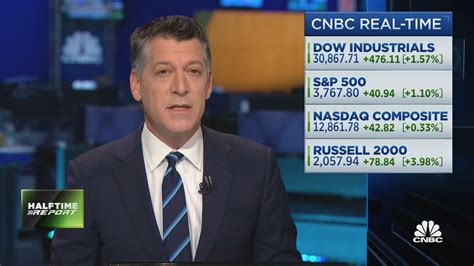Capital One was on the brink of a groundbreaking milestone in its pursuit to acquire Discover Financial Services. The Justice Department, under the watchful eye of the Biden administration, had initially expressed reservations about the merger between two behemoths in the credit card industry.
The proposed $35 billion merger, unveiled to the public in February 2024, raised eyebrows and sparked concerns about its potential impact on consumers. There were fears that this union of financial giants could tilt the competitive landscape unfavorably for credit card users across America.
Amidst swirling uncertainties and regulatory scrutiny, whispers echoed through corridors of power as stakeholders awaited a crucial decision. It was a pivotal moment when Capital One received word from insiders privy to sensitive information that a significant hurdle had been cleared. The Justice Department had relayed its stance to regulators—there were no red flags substantial enough to impede the deal.
While earlier apprehensions lingered about how this acquisition might affect individuals seeking credit options without prior credit history, those worries seemed to dissipate with time. As political landscapes shifted with a new administration taking charge, regulatory reviews evolved alongside these changes.
In recent days, a confidential letter made its way from the Justice Department to key entities such as the Federal Reserve and the Office of the Comptroller of the Currency. Within its contents lay a pivotal declaration—the investigation had culminated, and there were no glaring concerns warranting opposition to Capital One’s strategic move.
Official spokespersons maintained their silence on these developments when approached for comments. However, it was subtly implied that all necessary legal frameworks had been adhered to in alignment with banking regulations governing such transactions.
While ultimate authority over banking mergers rests with bodies like the Federal Reserve and comptroller—a power they can wield by potentially blocking deals—the significance of this latest update couldn’t be understated. Analysts who avidly followed these proceedings had anticipated objections primarily from the Justice Department among all overseeing agencies.
Jeremy Kress, an esteemed law professor at Michigan’s business school, shed light on historical context—recounting that federal banking agencies haven’t outright rejected bank merger applications since 2003. This underscores both rareness and gravity surrounding decisions involving major financial institutions.
In retrospect, it became evident that as one administration transitioned into another, fresh priorities reshaped oversight mechanisms within critical sectors like banking. The tightening grip around scrutinizing bank deals signaled an era where compliance standards would be more rigorously enforced than ever before.
The saga unfolded against a backdrop where every word whispered in corporate boardrooms reverberated across Wall Street—a high-stakes chess game where each move carried weighty implications for shareholders and ordinary consumers alike.








Leave feedback about this